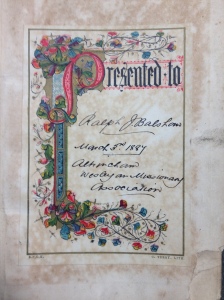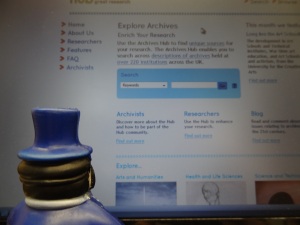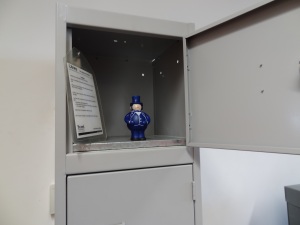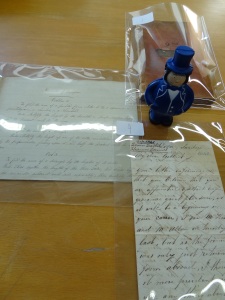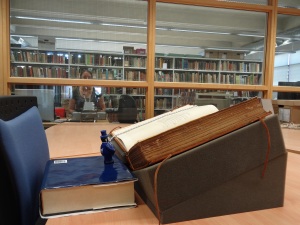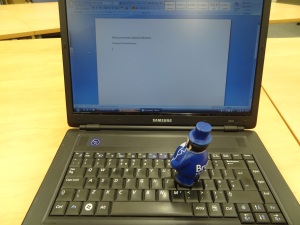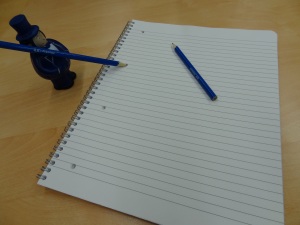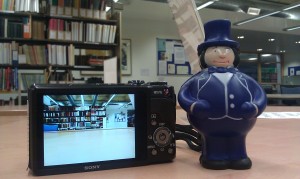Why use Special Collections?
You’ve chosen your dissertation topic because it’s something you’re really interested in discovering in more detail. Then delving into the sources in Special Collections can take your dissertation to the next level by making it more original, as well as helping you to develop your research skills.
Recent topics that people have researched using Special Collections include:
- London during the First World War
- Communists in the 1920s and 1930s
- Clothing of the poor
- Perceptions of fascism in the inter-war period
- Feminism under Thatcher
- Colonial and post-colonial writers at the BBC
- Presentation of women in the media
- Feminism in the US in the 1950s
and the Burnett Archive of working class autobiographies has been featured in Radio 4 programmes about the history of friendship and the lives of working people during the industrial revolution.
Find out about our collections:
Special Collections is home to a huge array of material that can support your research. You can find out more by using our A-Z list of collections, or consulting our Special Collections guide, where we’ve highlighted collections of particular interest to English or History students.
You can search our collections by subject or keywords – use the library catalogue for printed material and the archive catalogue for manuscript.
Browse the Special Collections blog, you can use the tags to find posts on particular themes, such as the First World War or trains.
Contact the Special Collections Librarian, or your Subject Liaison Librarian for help.
If you are looking for collections beyond Brunel you will find a list of resources on our guide.
Using Special Collections
Our collections are kept on closed access, so you will need to make an appointment to come and see them. If you haven’t used Special Collections or archival material before there is a guide on our blog.
Don’t forget to drop into Special Collections (level 3, access via green staircase) to find out more between 10 and 12 on Tuesday 20 January 2015!

